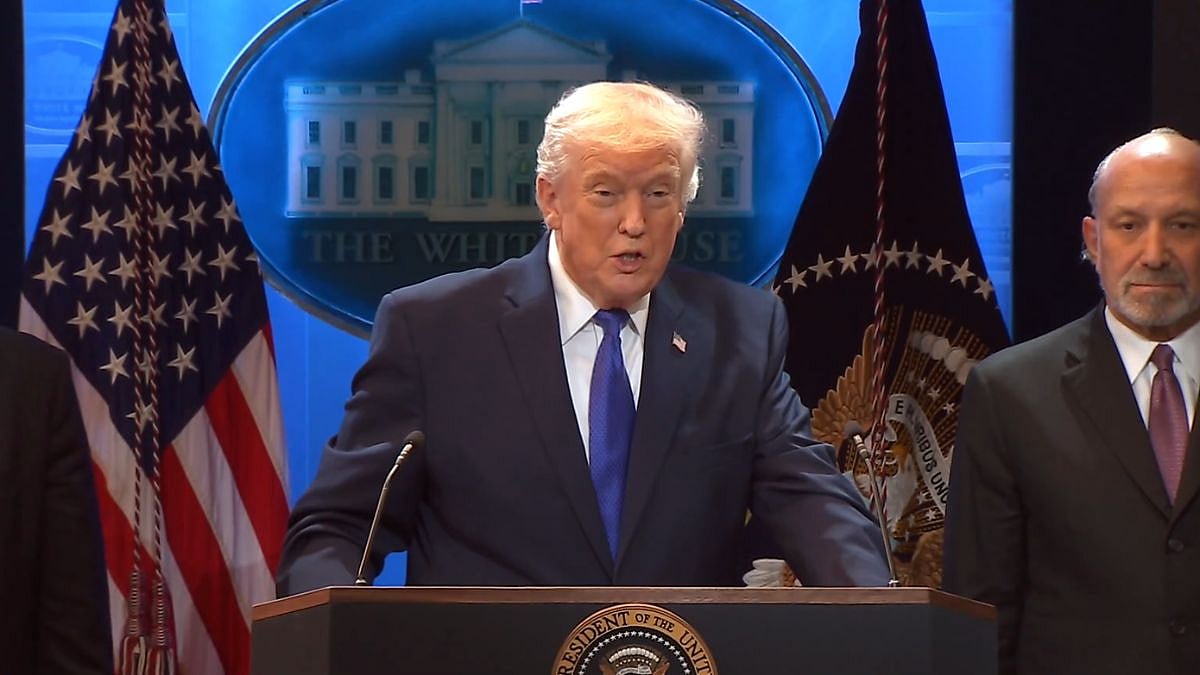The Uniform Civil Code (UCC) proposes for the creation of a single legislation for India that would apply to all religious sects in regards to issues like adoption, inheritance, and divorce. The law is mandated under Article 44 of the Constitution, which states that the state must work to ensure that individuals have access to a Uniform Civil Code across the entirety of India.
For more than a century, the subject has dominated political discourse and narrative. The Bharatiya Janata Party (BJP), which has been advocating for the legislation in Parliament, has made it a top priority. As part of its 2019 Lok Sabha election agenda, the saffron party was the first to pledge to implement UCC if it wins power.
Why is article 44 so crucial?
Article 44 of the Indian Constitution's Directive Principles was intended to address discrimination against vulnerable groups and harmonise the nation's many culturally different communities.
A UCC is desirable, but for now, it should remain voluntary, according to Dr BR Ambedkar, who made this statement when drafting the Constitution. As a result, Article 35 of the draught Constitution was added as Article 44 of Part IV of the Constitution of India's Directive Principles of the State Policy.
It was included in the Constitution as a clause that would only be fulfilled once the country was ready to embrace it and the UCC could gain social support.
Ambedkar had stated in his speech to the Constituent Assembly, "There is no reason for anyone to worry that the State will use its authority in a way that might offend Christians, Muslims, or members of any other community if it were to use it right away. If the government did that, I believe it would be insane."
Root of Uniform Civil Code
The British government's report from 1835, which emphasised the need for uniformity in the codification of Indian law relating to crimes, evidence, and contracts and specifically recommended that personal laws of Hindus and Muslims be kept outside of such codification, is where the UCC first emerged.
The government created the B N Rau Committee to codify Hindu law in 1941 as a result of an increase in laws addressing personal matters at the end of British rule. The Hindu Law Committee's task was to investigate whether common Hindu laws were necessary.
According to the committee's recommendation, which was based on the scriptures, women would have equal rights under a codified version of Hindu law. After reviewing the 1937 Act, a committee suggested that Hindus have their own civil code for marriage and succession.
What is the difference between civil and criminal laws?
While India's civil laws are largely based on religion and supported by religious texts, the personal laws that take effect in civil cases have always been applied in accordance with constitutional standards. On the other hand, India's criminal laws are uniform and equally applicable to all citizens, regardless of their religious beliefs.
Personal laws, implementation and requirement
Laws that apply to a particular group of people based on their caste, religion, faith, and beliefs are known as personal laws, and they are created after careful analysis of religious texts and customs. Hindu and Muslim personal law derives from and is governed by ancient religious writings.
Hinduism applies personal laws to cases involving legal matters such as inheritance, succession, marriage, adoption, co-parenting, sons' debt-paying responsibilities, the division of family assets, maintenance, guardianship, and charity contributions. Personal laws, which have their roots in the Quran, are applicable in Islam in regards to inheritance, wills, succession, legacies, marriage, wakfs, dowry, guardianship, divorce, gifts, and pre-emption.
How will Uniform Civil Code effect?
The UCC attempts to safeguard vulnerable groups, including as women and religious minorities, as envisioned by Ambedkar, while simultaneously fostering nationalistic fervour via unity. When put into effect, the code will aim to make laws that are currently divided based on religious views, such as the Hindu code bill, Sharia law, and others, simpler. The code will make the complicated regulations governing marriage ceremonies, succession, inheritance, and adoptions simpler and more universal. All citizens will then be subject to the same civil law, regardless of their religious affiliation.
Why is UCC in discussion now?
The Bharatiya Janata Party (BJP), in its manifesto before the 1998 and 2019 Lok Sabha elections, has announced to implement UCC all around the country. Weeks before state polls in Gujarat, a committee has been formed in the state to propose the implementation of UCC in the states. This has sparked controversy all over again as the opposition, especially leaders representing minorities, has opposed the idea.
Gujarat minister of state for home, Harsh Sanghvi, informed that during the meeting held on Saturday, the state cabinet has already given its nod to the proposal to form the committee.
Union minister Parshottam Rupala said, "The committee will be helmed by a retired high court judge and will have four members."
Later, Gujarat CM Bhupendra Patel also informed about it on his Twitter handle.
The Chief of the All India Majlis, E Ittehadul Muslimeen, Barrister Asaduddin Owaisi, referred to the law commission's recommendation that the UCC not be implemented in India.
Sharing his expressions on Twitter, he said, "It (the Uniform Civil Code) is not required in this country. Hindu men in Goa have the right to a second marriage if their wife fails to bear a male child by the age of 30. The Law Commission has opined that a UCC is not required.




